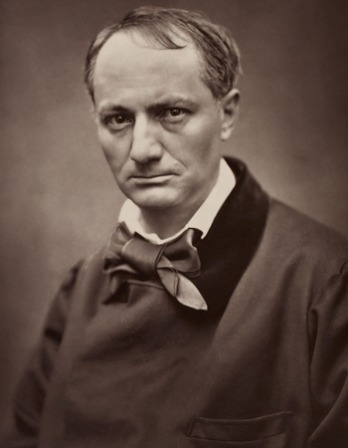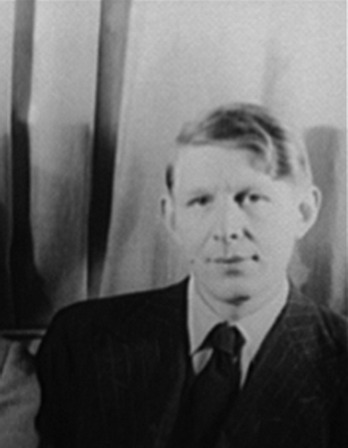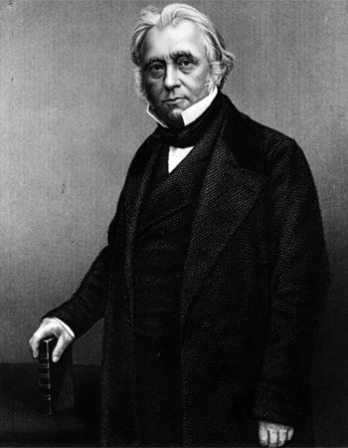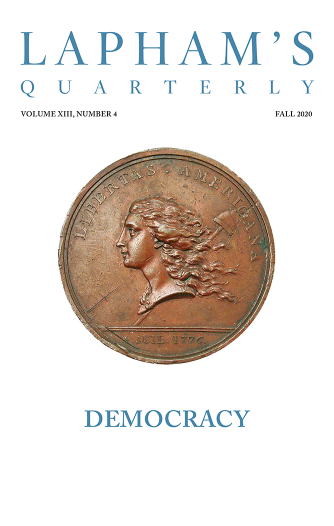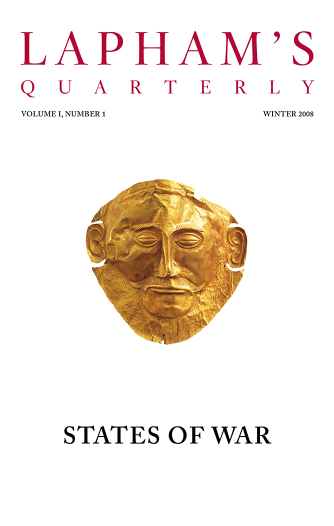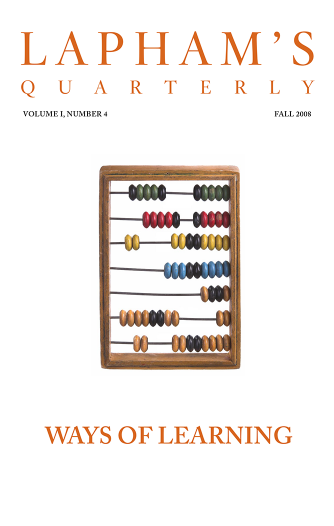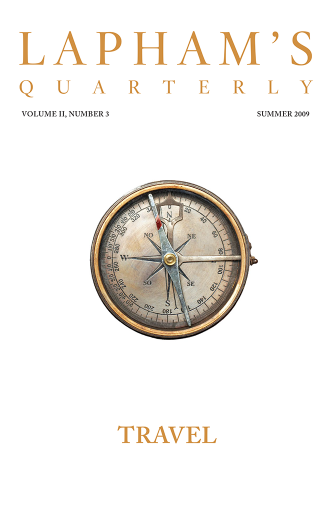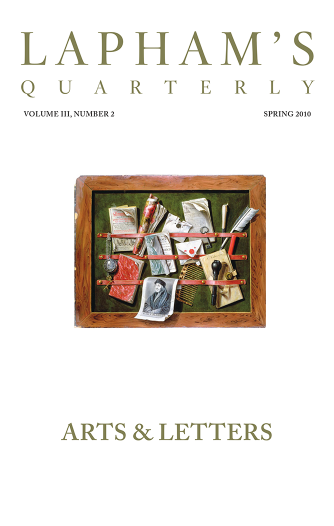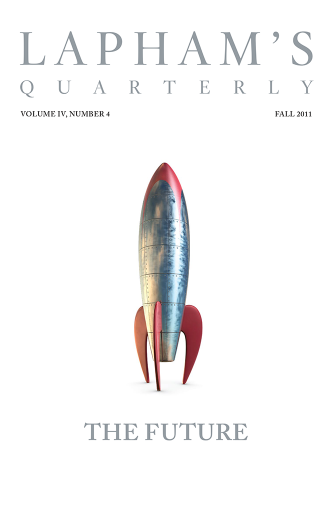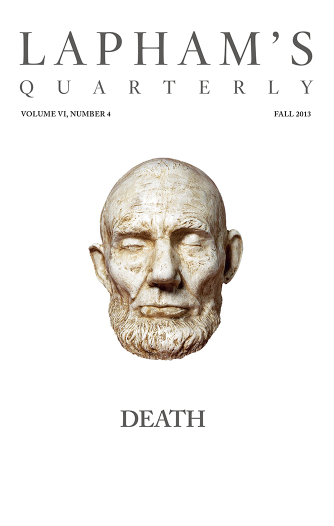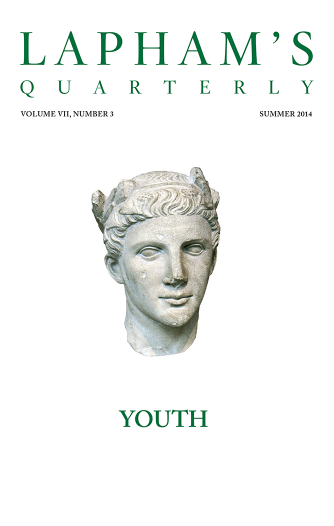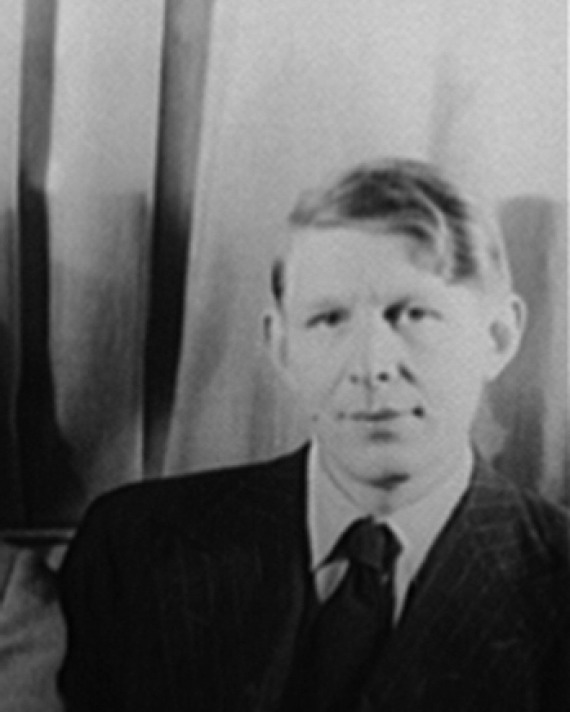
Photograph by Carl Van Vechten. Library of Congress, Prints and Photographs Division.
W.H. Auden
(1907 - 1973)
In 1925 W.H. Auden entered the University of Oxford, where he emerged as one of his generation’s most important poets. He then moved to the United States in 1939, served in the Morale Division of the U.S. Strategic Bombing Survey during World War II, and became a U.S. citizen in 1946, the same year that he wrote, “To be able to devote one’s life to art without forgetting that art is frivolous is a tremendous achievement of personal character.” He received a Pulitzer Prize for The Age of Anxiety in 1948, and, along with partner Chester Kallman, wrote the libretto for Igor Stravinsky’s opera The Rake’s Progress in 1951. He died in Vienna at the age of sixty-six in 1973.
